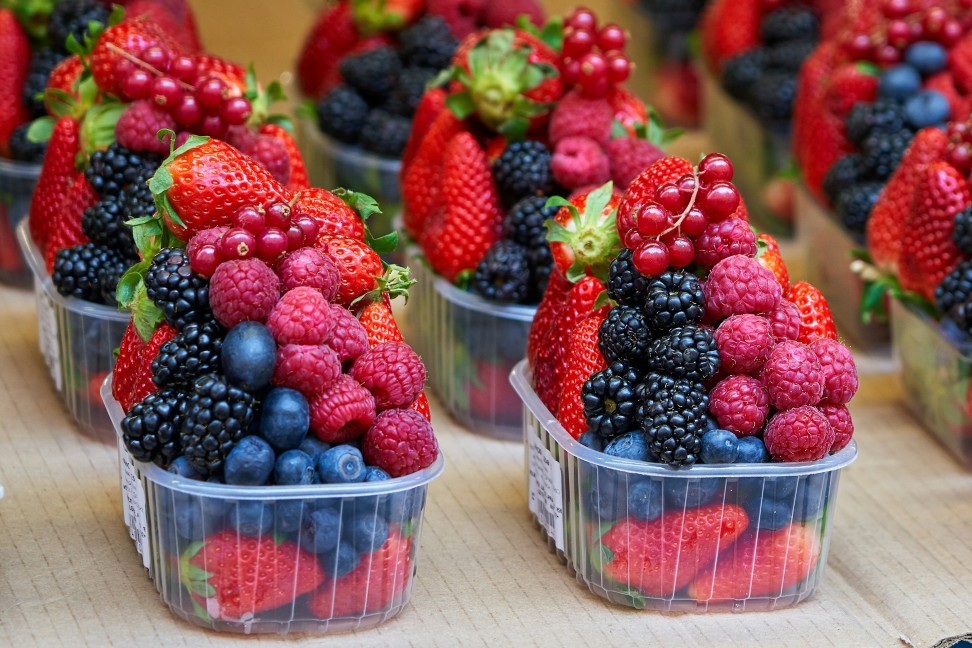Pests are a major threat to agriculture, causing billions of dollars in losses every year to crops worldwide. In order to address this issue, sustainable agriculture practices have been developed to minimize the use of harmful chemical pesticides and protect the environment. One such practice is integrated pest management (IPM), which plays a crucial role in sustainable agriculture.
IPM is a holistic approach that focuses on preventing and controlling pests through a combination of strategies such as biological control, cultural practices, and the use of resistant crops. This approach aims to reduce the reliance on chemical pesticides while maintaining high crop yields and protecting the environment.
One of the key components of IPM is biological control, which involves using natural enemies of pests to reduce their populations. This can include the introduction of predators, parasites, or pathogens that feed on or infect pests, effectively controlling their numbers. By harnessing the power of nature to manage pest populations, farmers can improve crop health and reduce the need for chemical pesticides.
Cultural practices also play a significant role in IPM. These practices involve modifying the environment to make it less favorable for pests to thrive. This can include practices such as crop rotation, intercropping, and planting pest-resistant varieties. By creating a less hospitable environment for pests, farmers can reduce the risk of infestations and minimize the need for chemical pesticides.
The use of resistant crops is another important aspect of IPM. By planting varieties that are genetically resistant to common pests, farmers can reduce the need for chemical pesticides while still achieving high yields. Resistant crops are able to withstand pest attacks and maintain their health and productivity, providing a sustainable solution to pest management.
IPM also emphasizes the importance of monitoring and scouting for pests. By regularly inspecting crops for signs of pest damage and monitoring pest populations, farmers can take timely action to manage pest outbreaks before they cause significant damage. This proactive approach allows farmers to respond quickly and effectively to pest threats, minimizing the need for chemical treatments.
Overall, the role of IPM in sustainable agriculture cannot be overstated. By combining multiple pest management strategies, farmers can effectively control pest populations while reducing the use of harmful chemical pesticides. This not only protects the environment and human health but also ensures the long-term sustainability of agriculture.
In conclusion, integrated pest management plays a crucial role in sustainable agriculture by providing effective and environmentally friendly solutions to pest management. By promoting biological control, cultural practices, and resistant crops, IPM offers a holistic approach to pest management that minimizes the use of chemical pesticides and protects the environment. Through the implementation of IPM practices, farmers can achieve sustainable crop production while maintaining a healthy ecosystem for future generations.














